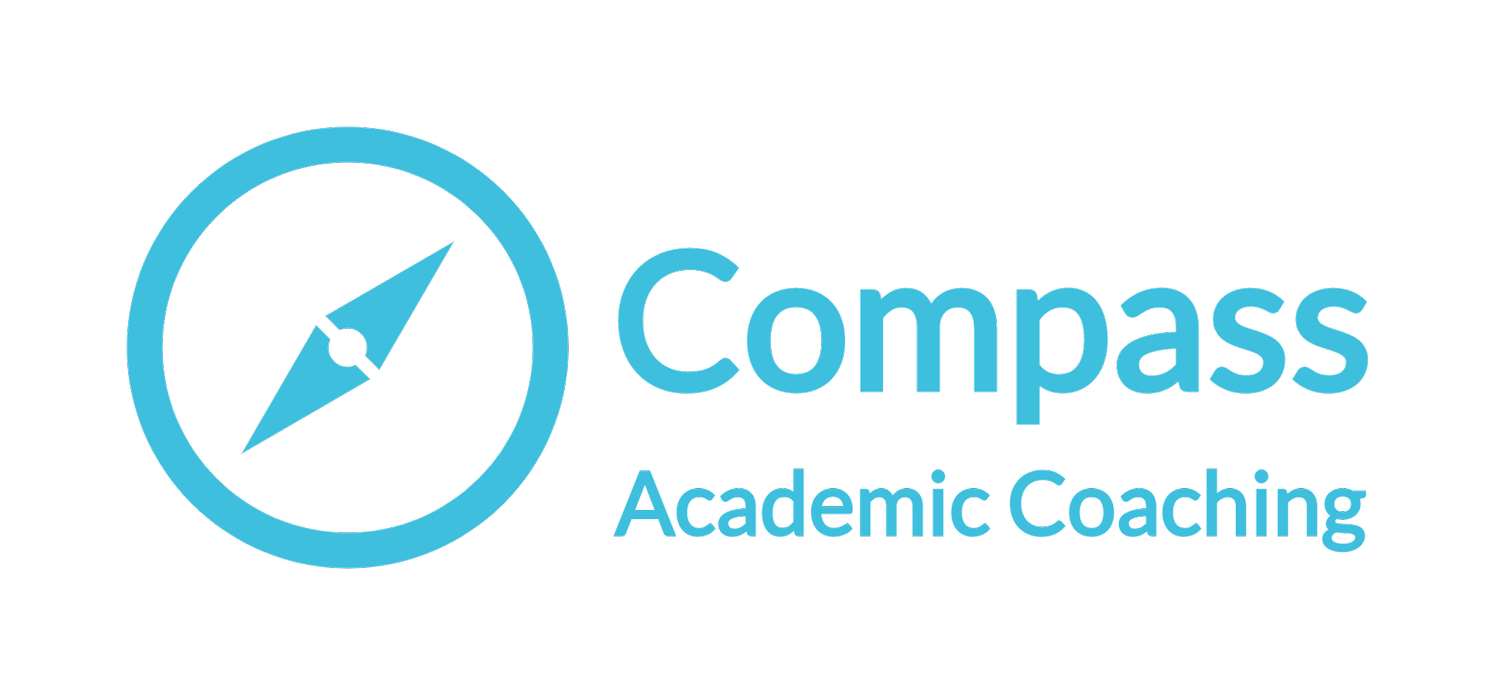What are “social writing opportunities”? And what can they do for you?
I’m planning to facilitate one or more free online social writing opportunities this summer!
If you might like to join the fun and get some work done, please fill out this interest form. I’ll use the responses to tailor the format and timing of the experiences. Feel free to share!
You’ve heard of writing groups, writing workshops, and writing retreats. You may have heard of writing cafes and writing studios. By social writing opportunities, I’m talking about opportunities to work on writing in the company of others and/or to discuss your work or your process with others.
Whatever your past experiences with social writing, it’s worth considering what “sociality” in your writing practice might do for you now.
More than just productivity
In the introduction to their edited collection, Writing Together: Building Social Writing Opportunities for Graduate Students (University of Michigan Press, 2025), academic writing specialists Rachael Cayley, Fiona Call, and Daniel Aureliano Newman argue that “social writing practices are not just a means to an end, but an end in themselves” (p. 1). As they explain, writing with other people is not only good for accountability and productivity, but also for writer wellbeing, networking, and individual development. Their book gathers examples of social writing opportunities—programming for academic writers with sociality intentionally built in—from universities around the world.
Fostering writer wellbeing
As someone who seriously loves writing with others and talking about writing with others, I was eager to read about the different programs my writing support colleagues are orchestrating on their campuses. Social writing initiatives can take many different forms to serve a variety of purposes, as the examples in the book show. A common note that particularly resonated with me was writer wellbeing as a key purpose of the program. Many programs intentionally build caring, supportive communities to foster writer confidence, self-reflection, and learning while reducing stress and isolation.
Outcomes beyond “products”
The editors asked each contributor to provide their program’s rationale, explain how it works, and to describe how they evaluate it, not just to make it better for participants, but also to justify its existence to the people who control the budget. We can list a lot of “product” outcomes we might try to glean from a social writing opportunity, like degrees earned, papers published, grants funded, promotions awarded. But I’m just as interested in outcomes like confidence, emotions about writing, friendships, collaborations, community, satisfaction, and fun.
Lattes and cake
If we are going to do this work of writing anyway, let’s make it as pleasurable as possible.
I cherish memories of long hours at Cafe Amadeus with my doctoral program classmates, each of us at our own little tables with our laptops and piles of books, lattes and slices of cake on silver trays.
We would sometimes workshop each other’s writing on the fly, help each other untangle a knotty concept, or just commiserate when we felt too tired to keep going but had to meet the deadline anyway. Even when we weren’t interacting, just being in the presence of friends engaged in the same task always made it feel more doable.
What social writing experiences have been valuable for you in the past? What kind of opportunity would best serve you now?
PS - Speaking of social, are you on Bluesky?
I’ve recently set up an account there to gauge the atmosphere. Find me @yourphdcompass.bsky.social


